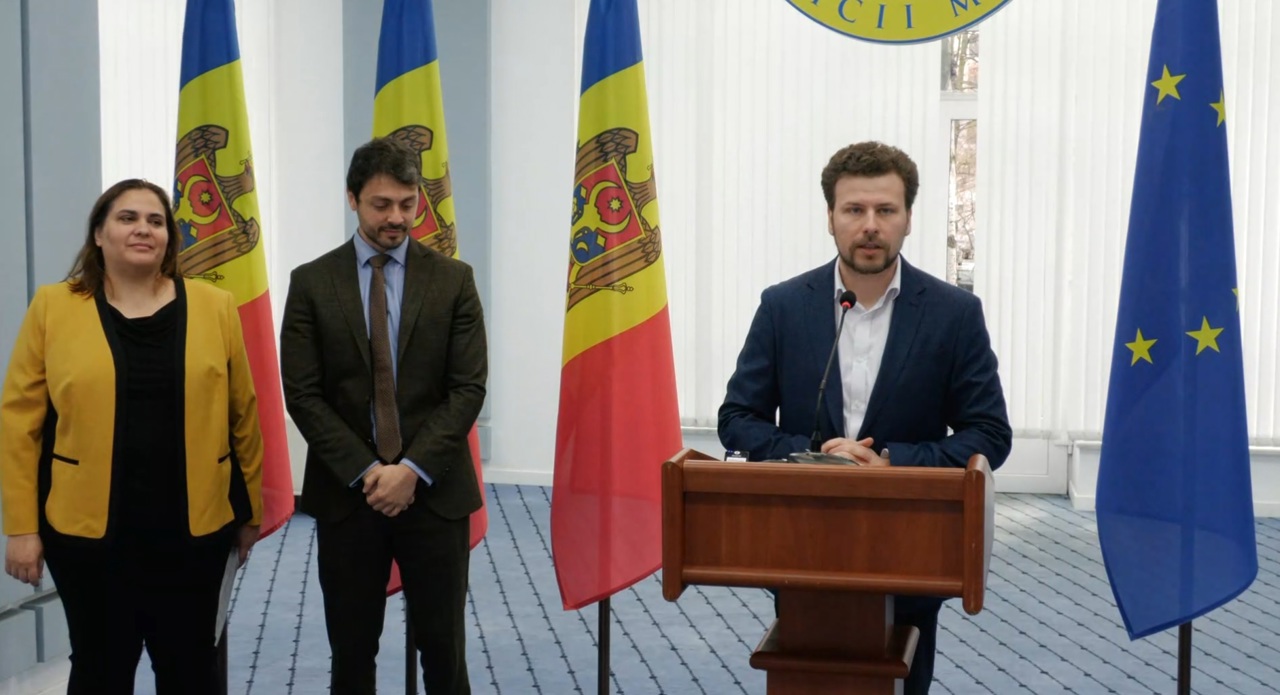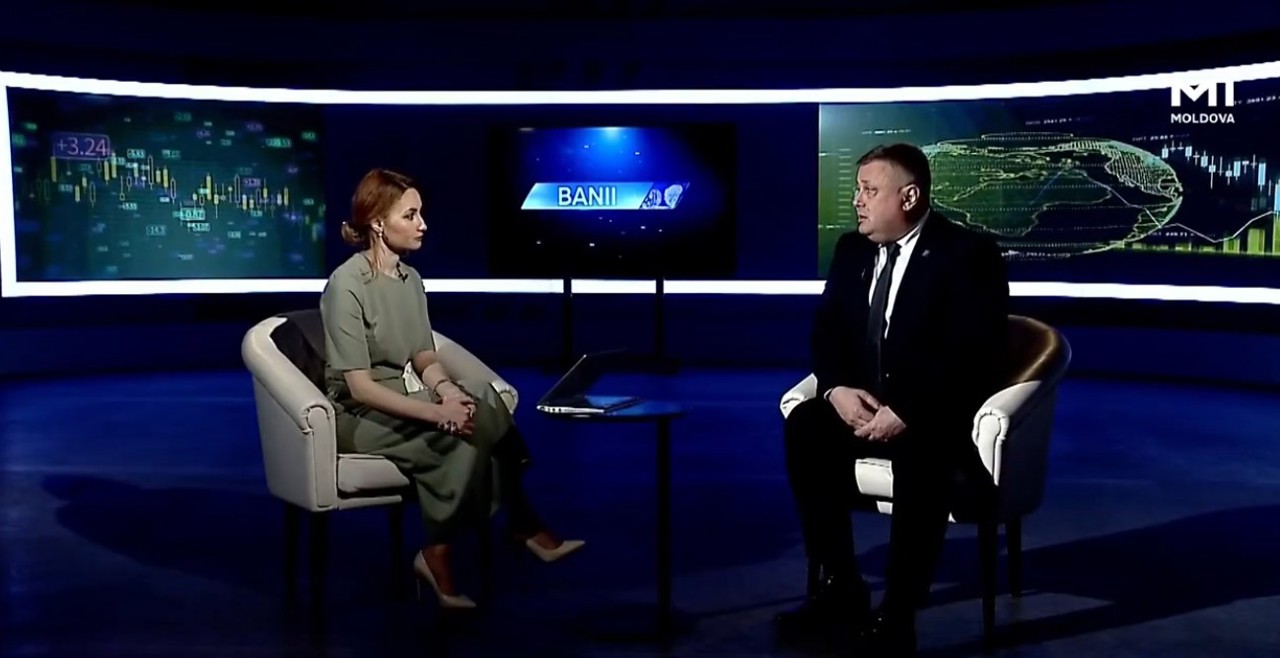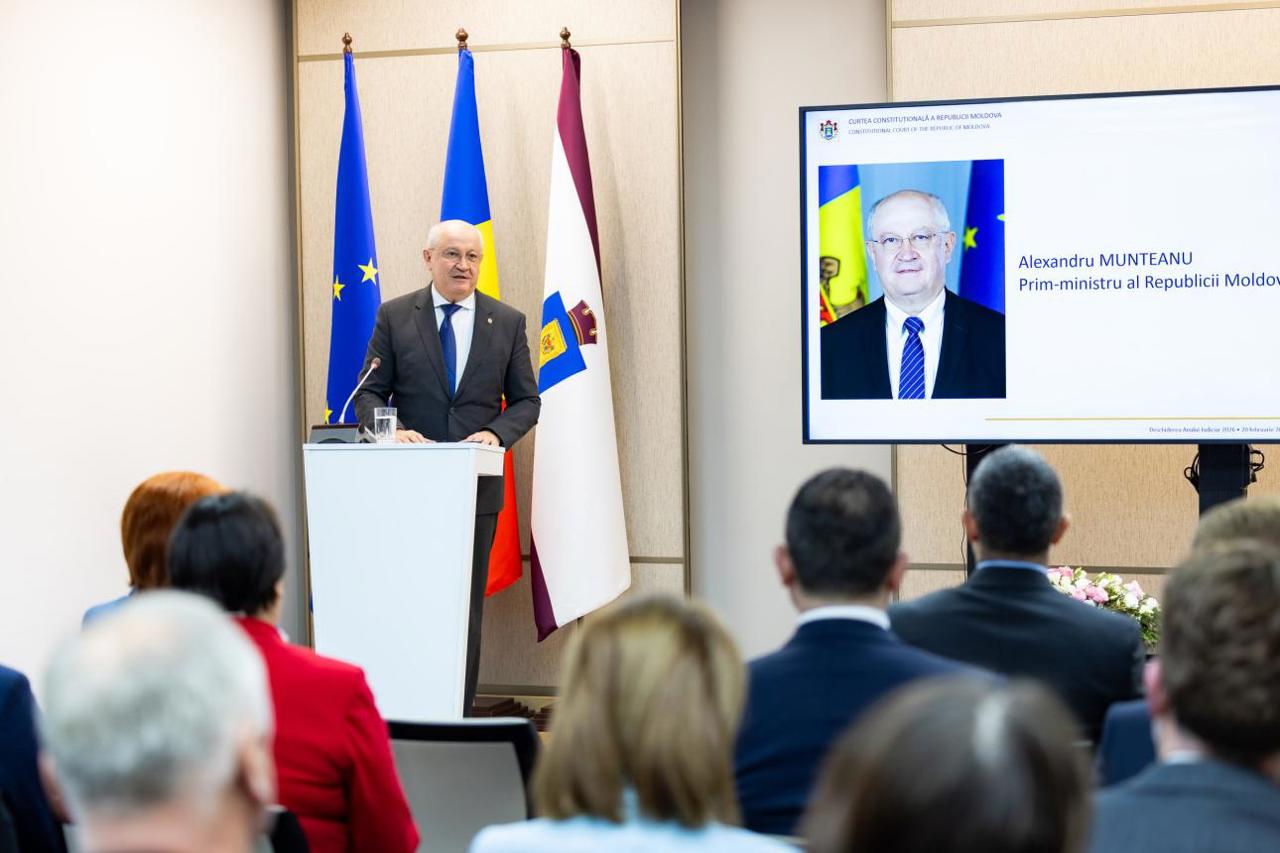School Grants Program, launched by MEC. 120 Institutions from the Republic of Moldova will benefit from financial support
Educational institutions in the Republic of Moldova can compete for grants of 36,000 Euros for professional development of staff, teaching materials and adoption of best practices, in order to support innovative teaching methods. A total of 120 schools will be selected.

The actions are part of the "Improving the Quality of Education" project, financed by the World Bank and other external partners, with a budget of 4.32 million dollars, announced today, the Minister of Education, Dan Perciun, at the program launch. Educational institutions can submit their applications to benefit from grants until December 31.
“The institutions that will pass this stage will benefit from training to develop and write a small project explaining how the equipment we will procure will fit into the educational process and how it will contribute to innovation and improvement of the process, after which this project will be analyzed and a final decision will be made by May. Subsequently, the 120 selected institutions will benefit from the requested things starting with the new school year,” explained Dan Perciun.
The initiative aims to strengthen the education system through innovations and improvement of pedagogical methods, said Ana Olifer from the World Bank. She emphasizes that national development priorities include promoting the use of digital tools and active and engaging learning experiences for students, as well as supporting programs for students of other ethnicities, from socially vulnerable families, people with disabilities and Ukrainian refugees.
*“The school grants program aims to support the advancement of innovative teaching practices in schools, as well as the professional development of teachers. We aim to support the initiatives of educators and students in Moldova to strengthen learning networks and inspire innovative teaching practices. The program will prioritize projects that align with national development priorities, including the use of digital tools, improving learning assessment, promoting active and collaborative learning, and supporting disadvantaged students," said Ana Olifer.
Also, development partners will allocate about $2.3 million to equip 200 institutions with equipment necessary for the educational process. 200 kindergartens will also participate in the project, which will benefit from a support package that will include both equipment and continuous training for teachers.




